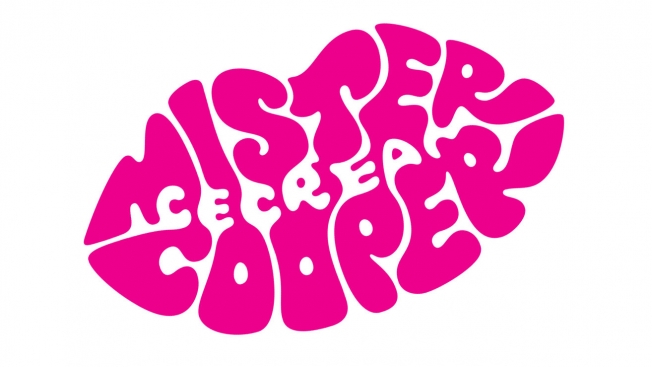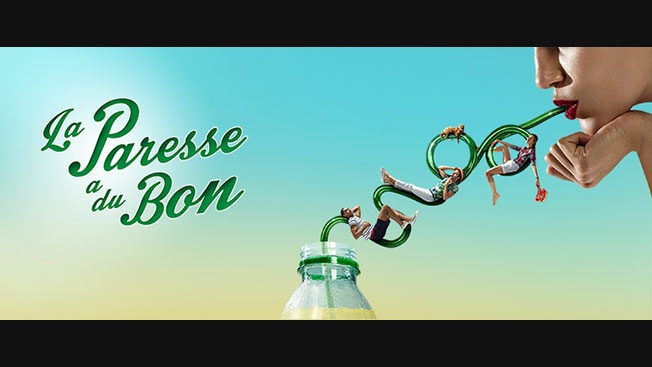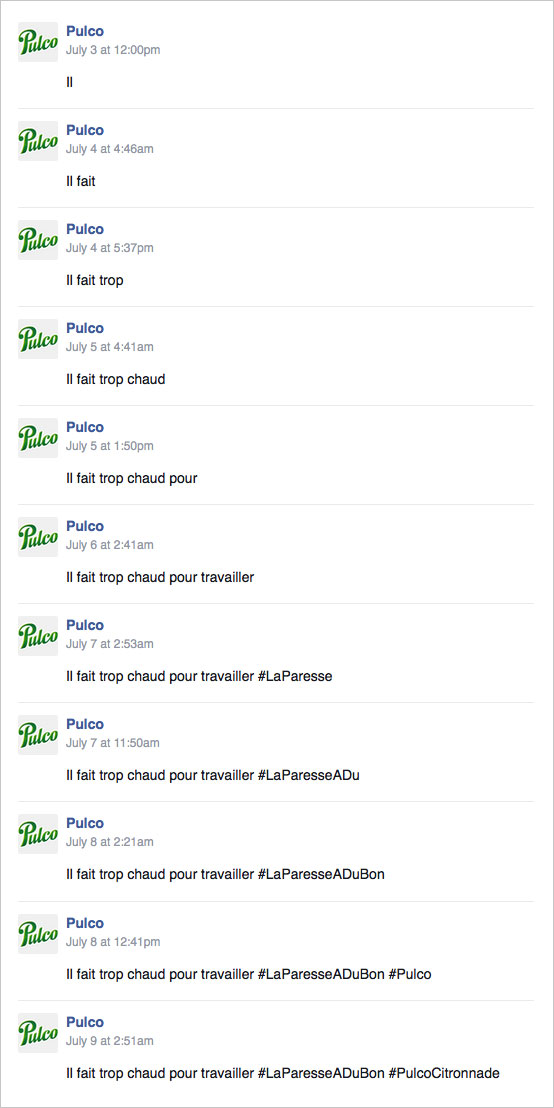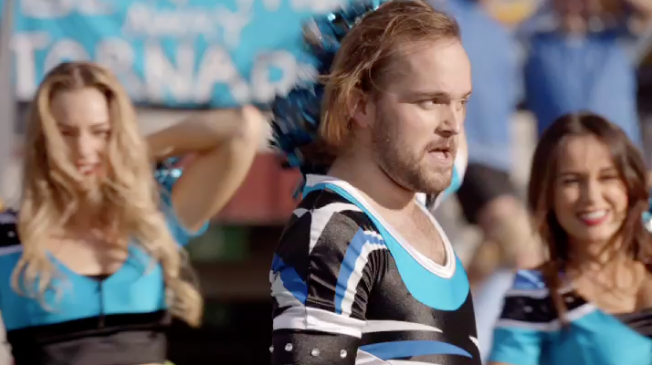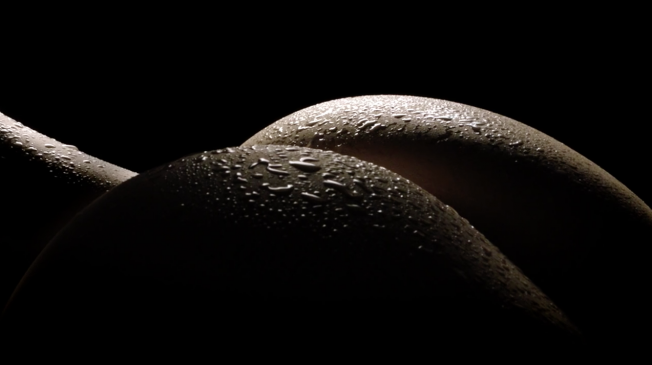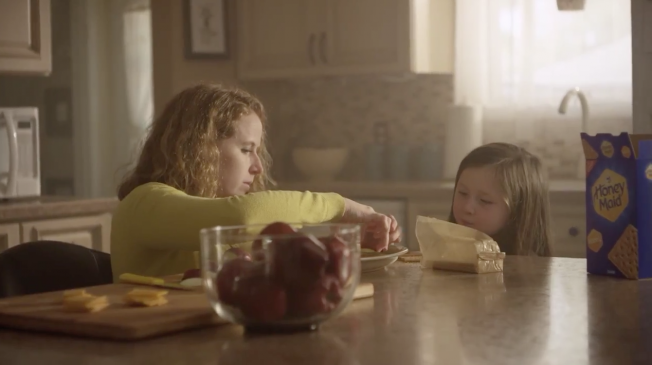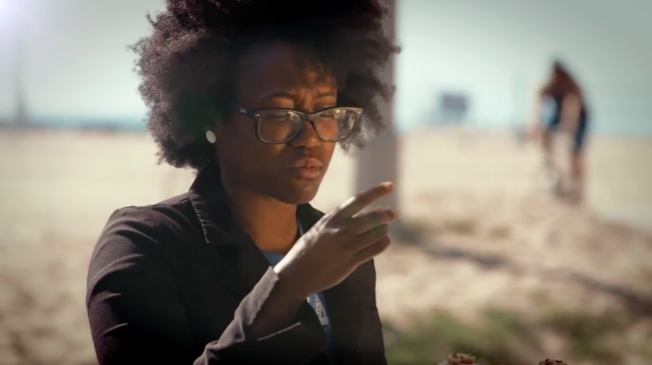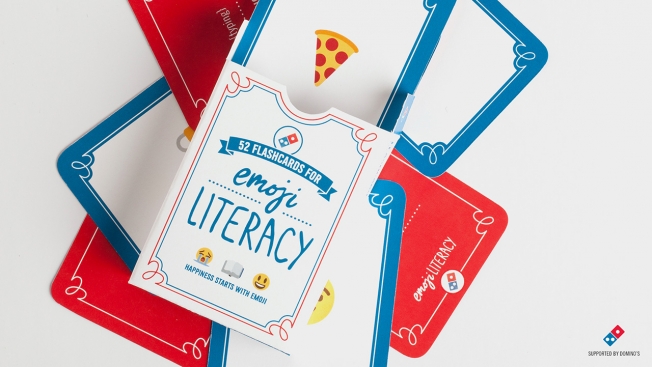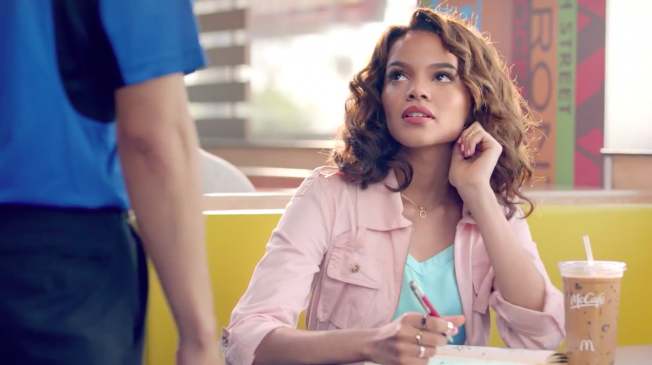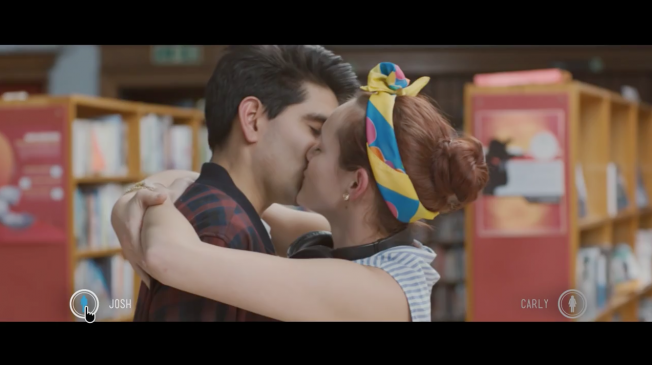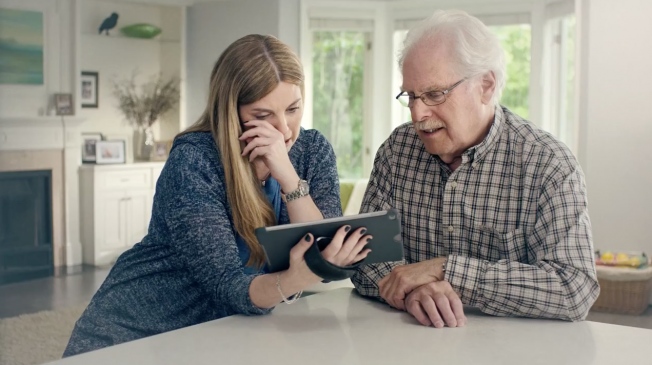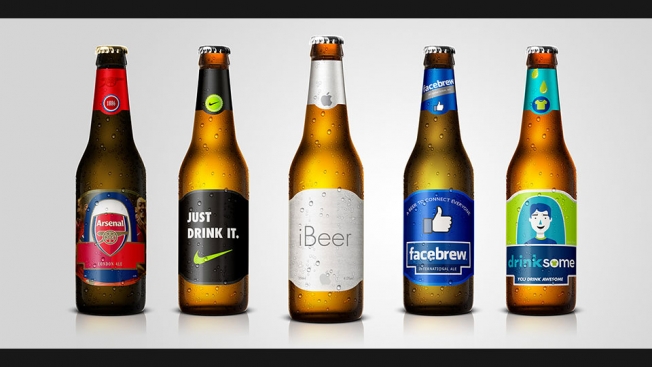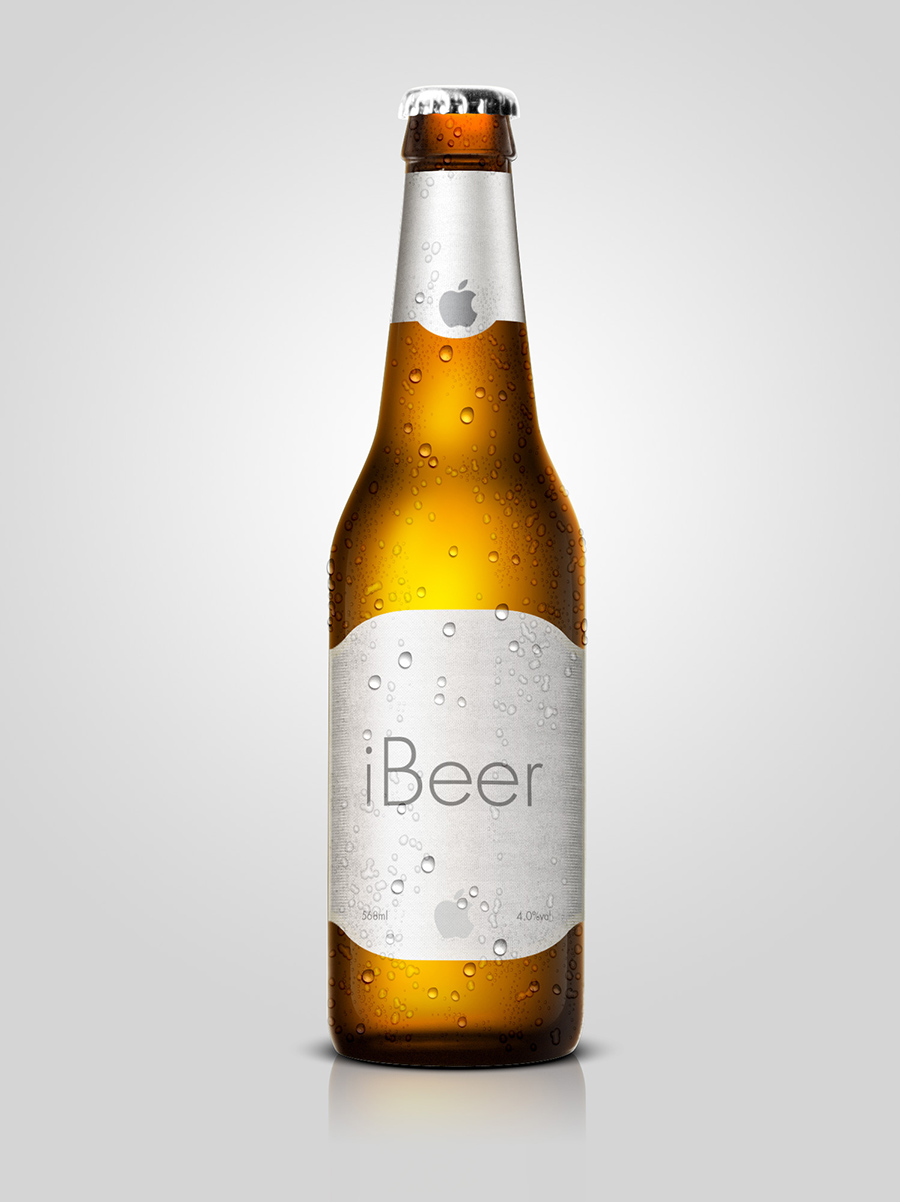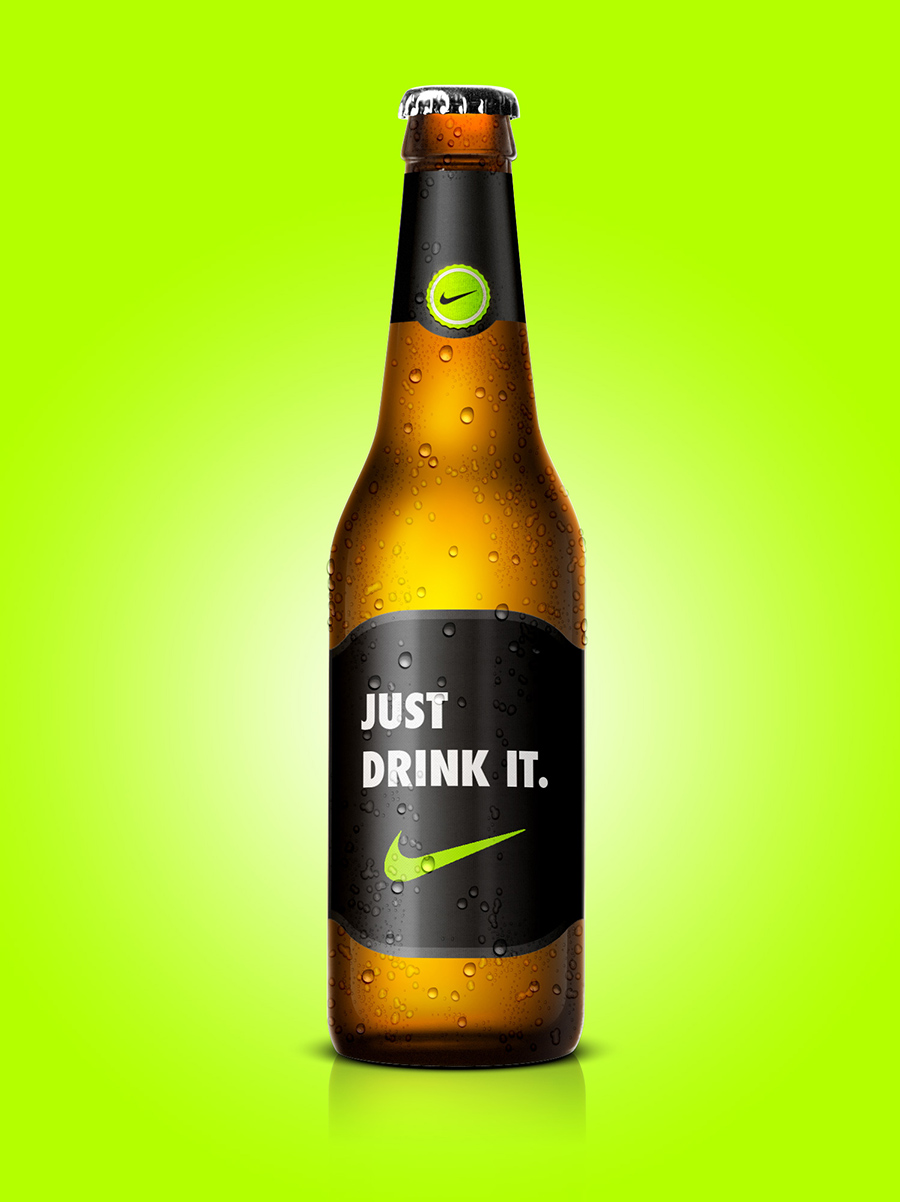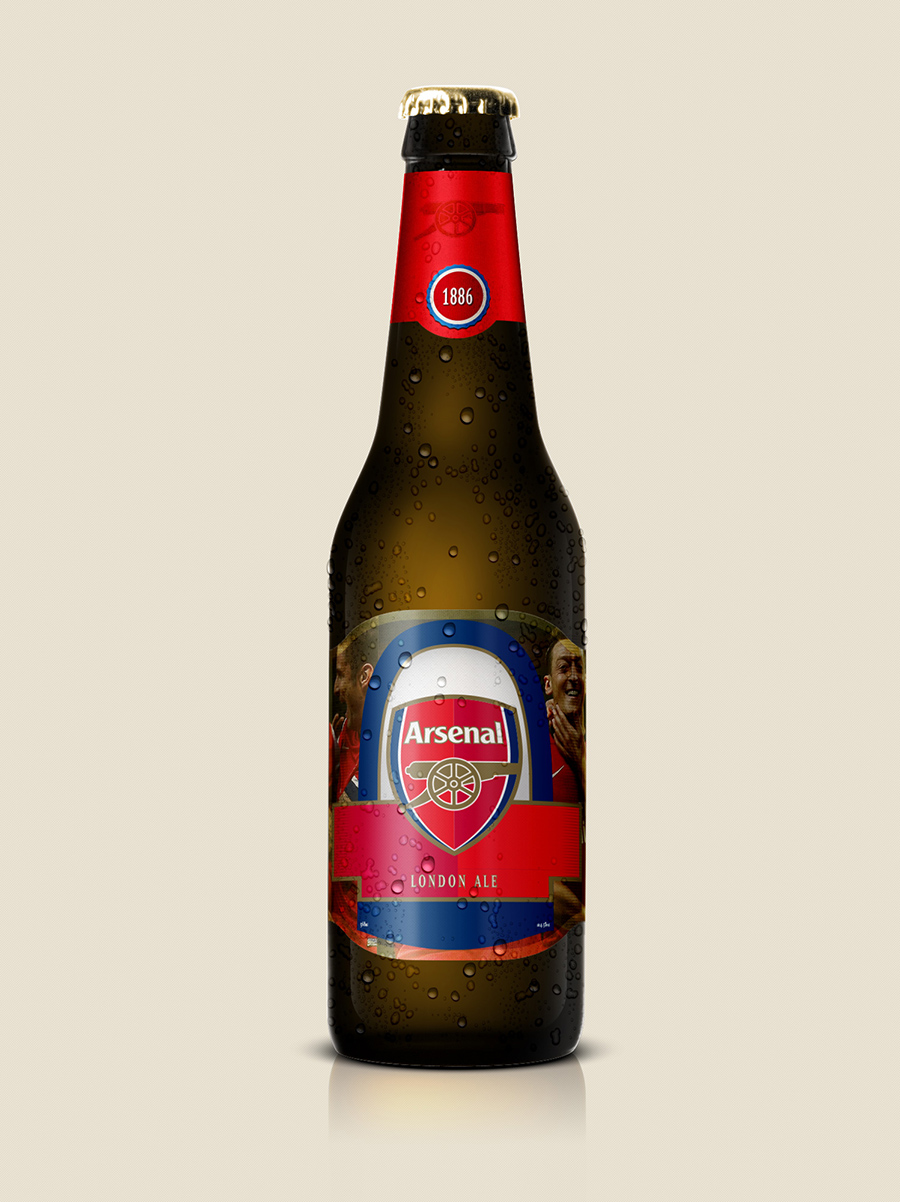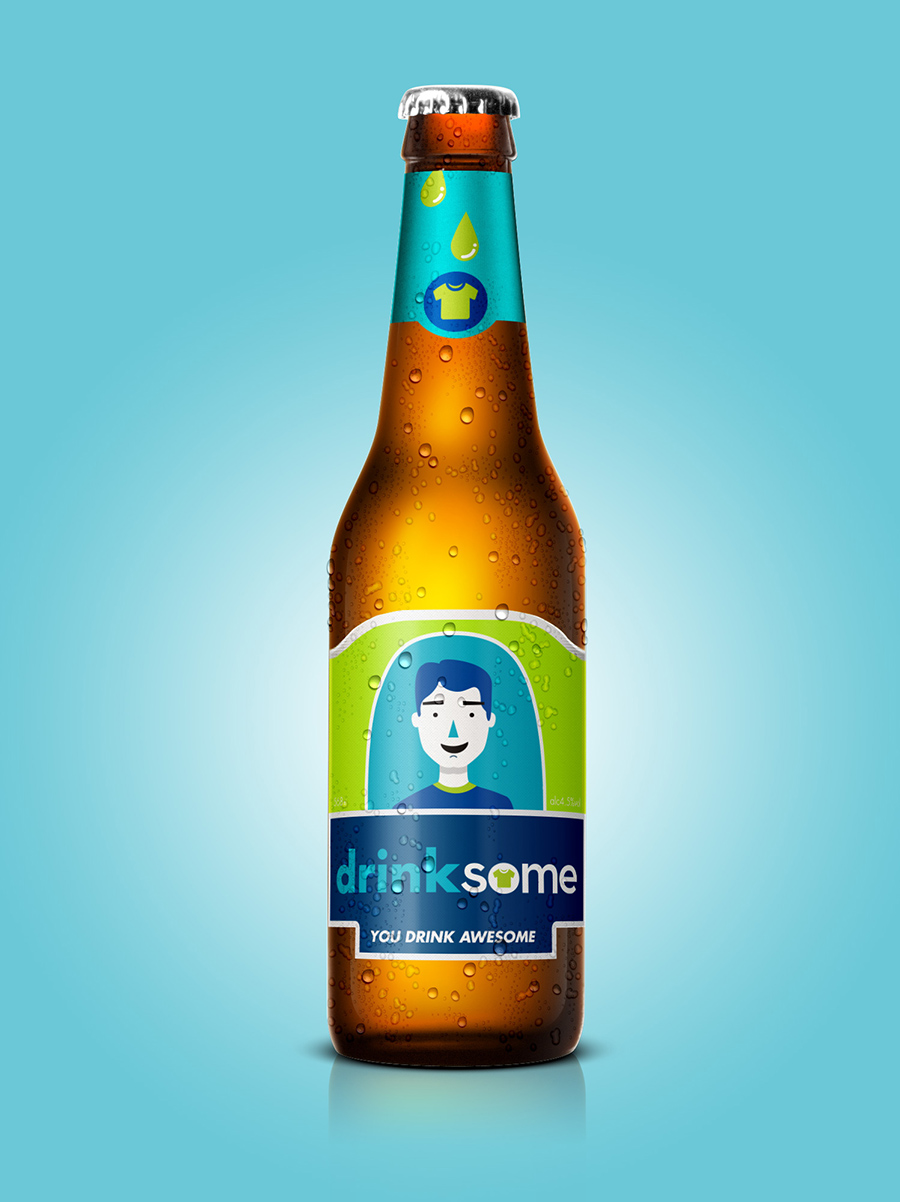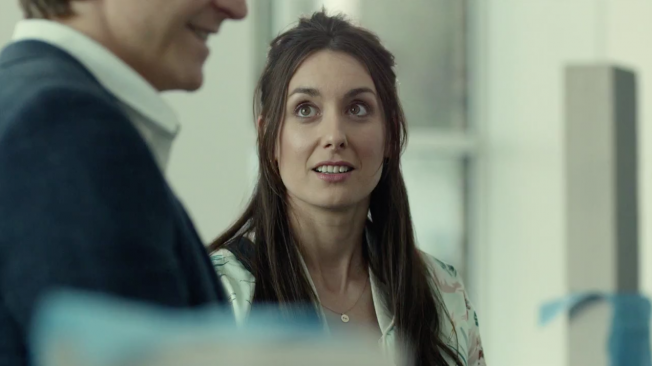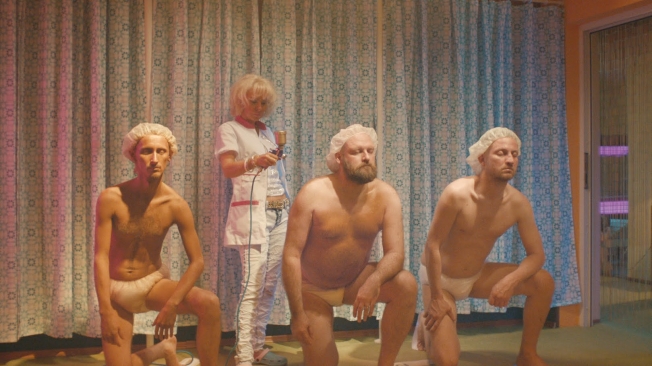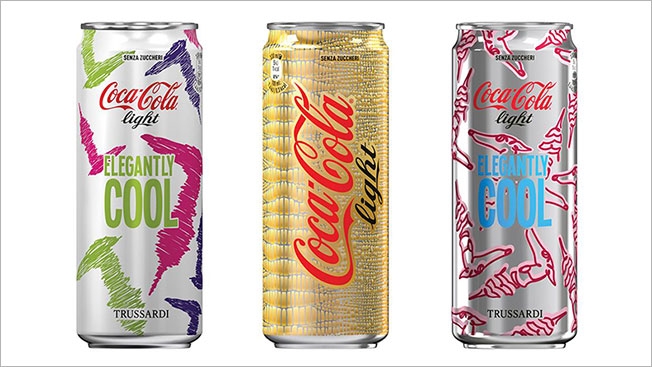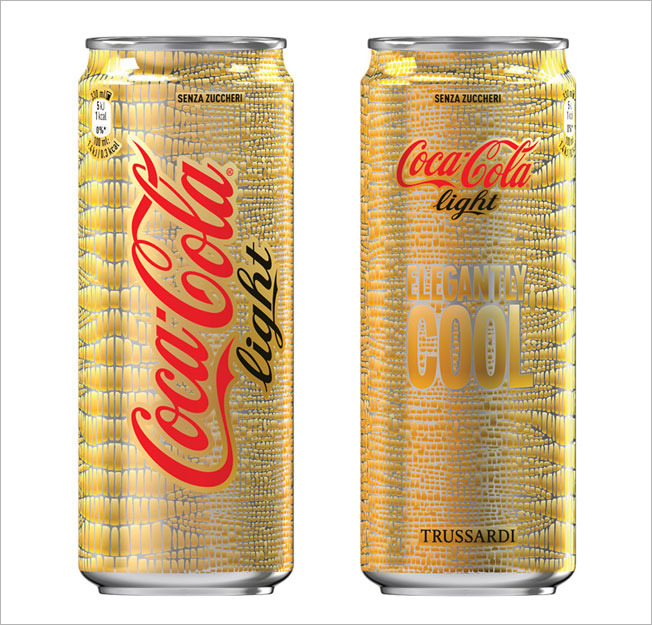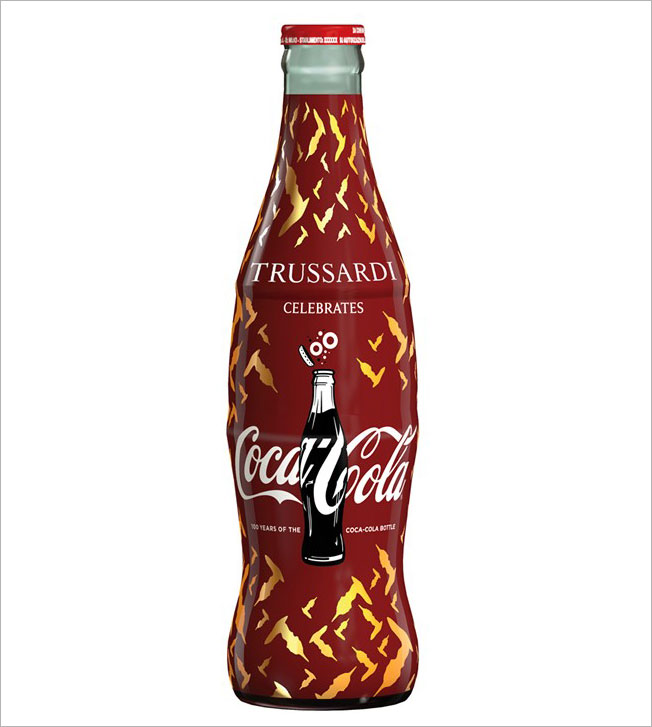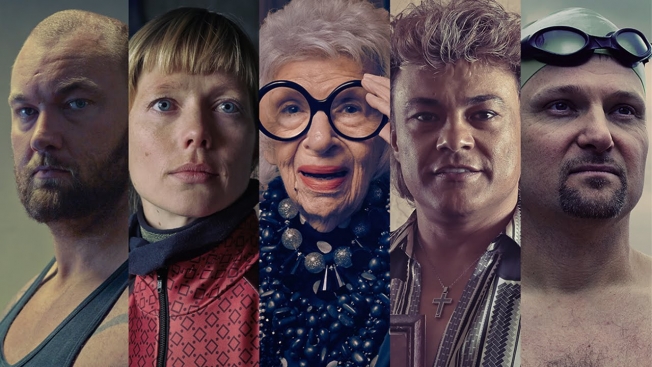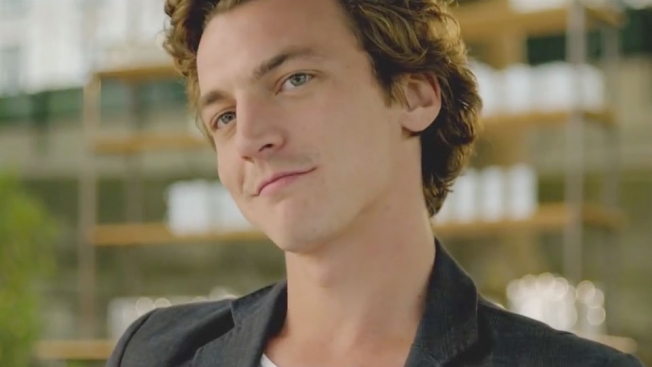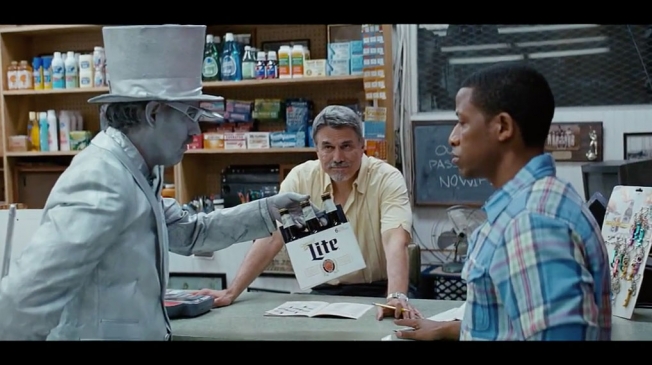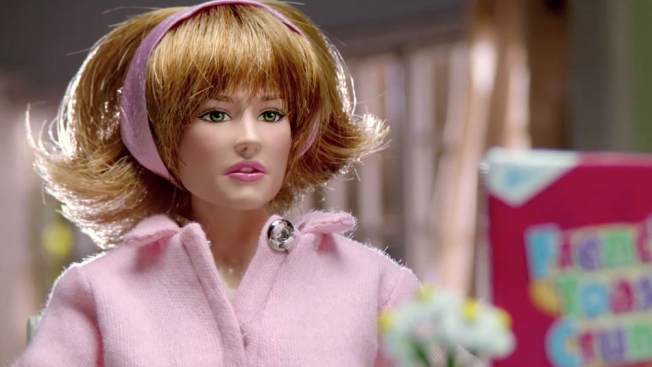Everyone Is an Emoji in This Bizarre and Terrifying French McDonald's Ad
Posted in: Uncategorized
What are we all but a bunch of emoji with arms and legs and a hankering for McDonald’s?
An insane new French ad for fast-food chain shows a city full of people going about their daily lives—driving around with friends, getting a shave at the barber, break dancing in the streets. But instead of human heads, they all have giant, 3-D, cartoon faces.
The soundtrack—a bubbly electro pop cover of the Buggles’ 1978 classic “Video Killed the Radio Star”—almost makes the ad feel like a music video. But the song, a rendition apparently created specifically for the ad, when coupled with the visual concept, which feels fresh in and of itself, seems to imply a critique of technology that’s more contemporary than the one baked into the lyrical hook, and a bit out of place for a major fast-food marketer.
McDonald’s and agency BETC Paris have explicitly created a world where digital communication reduces facial expression—a wildly subtle and complex phenomenon—to a series of shiny yellow orbs representing monolithic and equally monochromatic feelings. That’s a pretty excellent premise for a video, but the brand presents it here without any of the real anxiety about change that defines the text of the original synth pop song—or the deadpan theatricality with which the Buggles promoted and performed it; or, say, the more explicitly ironic bitterness and dissatisfaction of the 1996 alt-rock cover by the Presidents of the United States of America.
Instead, McD’s presents everyone being a stiff caricature of their own ids as a good thing. And that only really makes sense if you’re a faceless corporation that deals in cardboard platitudes like Happy Meals peddled by a brightly colored clown mascot, and other overly processed hamburgers that can save the doomed love lives of awkward young adults.
It probably doesn’t help the brand’s case that the tagline, “Venez comme vous êtes,” which translates to “Come as you are,” inadvertently bastardizes the spirit of another classic song about the tension between individuality, conformity and perception. (To be fair, that tagline has been around for years—and McDonald’s France has used it to, among other things, promote gay rights.)
Within the emoji ad’s own construct, it includes clever little tidbits—some of them perhaps more deliberate than others, like the kid who turns from angel to devil, as opposed to the weatherman with the smarmy, oafish look on his face. The spot also deserves credit for doing a distinctly better job of getting its message across than some other emoji-driven attempts at marketing. (In fact, it’s way simpler and more accessible—if less delightful—than some of the brands that decided to try to invent their own emoticons.)
It’s also worth noting that BETC Paris is experienced in creating absurd viral sensations, having graced the world with Evian’s classic roller-dancing babies, and the agency appears to be swinging for the fences again here. But the idea, for all its potential, suffers as a result of its attempt to be broadly appealing to what’s seen as the perpetual sunshine ethos of millennials. In that, it turns into a nauseatingly saccharine panacea—without near enough sarcasm or skepticism about what it’s actually saying.
In fact, the insistence on framing a fundamentally disturbing set of images as lighthearted and upbeat can’t keep the dark subtext and implicit social critique at bay. So, the whole thing ends up seeming unintentionally dystopian, like the Kia hamsters tossed into a meat grinder with a deadmau5 helmet and Katy Perry fever dream, with the resulting slime squeezed out into a bunch of circular, cookie-cutter nuggets, baked golden and plopped onto a bunch of necks.
Ultimately, it mostly adds credence to Taco Bell’s case that Ronald McDonald is actually a Stalinist looking to control all aspects of your life—only he’s way more insidious than you thought, mostly interested in brainwashing us into grinning idiots by defining happiness in terms of Big Macs and faces made of pixels.
Plus, you know the spot can’t be trusted because it doesn’t show anyone who just gobbled a McDonald’s burger and turned into the emoji for “I have a stomach ache and I wish I hadn’t eaten that”—which isn’t available yet, but is slated for release in 2016.

